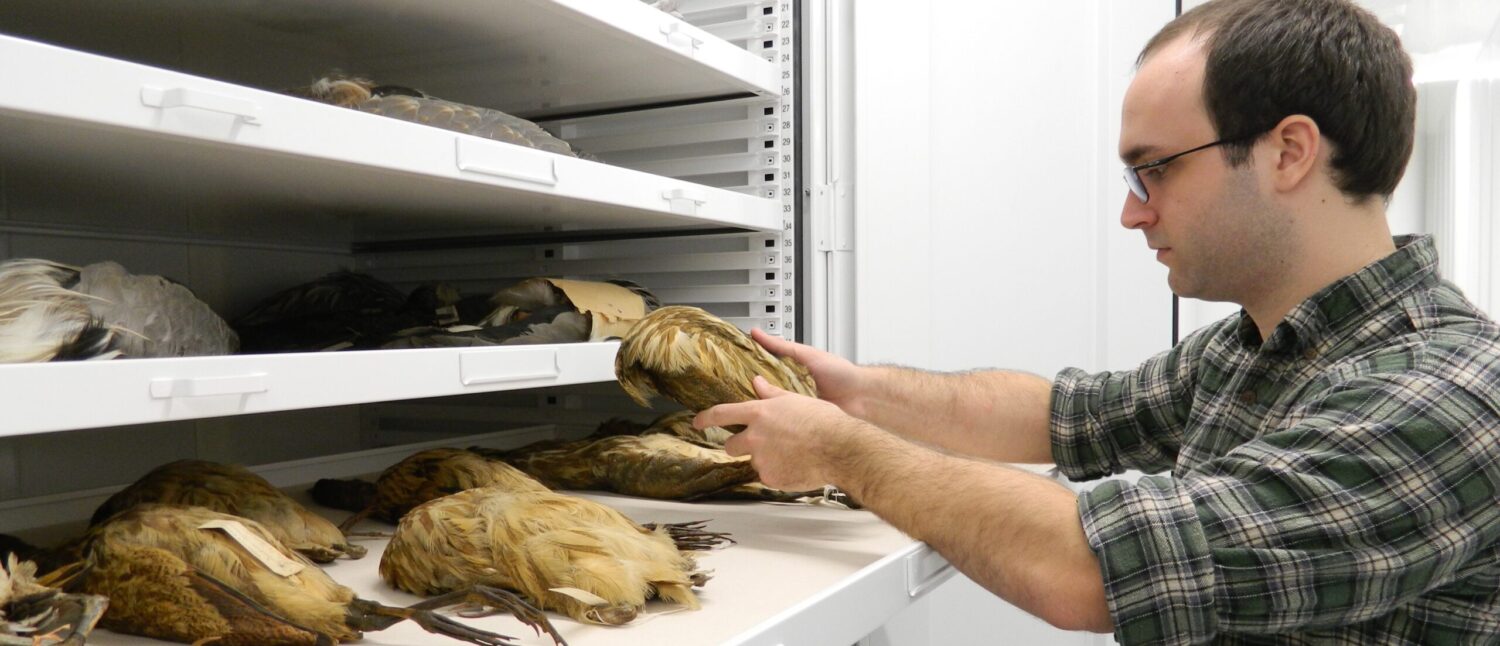On March 28, 2022, President Joe Biden released his budget request for fiscal year (FY) 2023, once again calling for significant investments in climate change, scientific research, and conservation. The budget framework proposes large budget increases for most federal science agencies, including the National Science Foundation (NSF), the National Institutes of Health (NIH), the U.S. Geological Survey (USGS), the National Oceanic and Atmospheric Administration (NOAA), and the Environmental Protection Agency (EPA).
The $5.8 trillion budget proposal includes $1.7 trillion in discretionary spending for FY 2023. Biden proposes $813 billion (+4 percent) for defense discretionary spending and $829 billion (+14 percent) for nondefense discretionary spending the source for most scientific research programs.
Science and collections related highlights from the budget request include:
- NSF would receive $10.5 billion in FY 2023, a 19 percent or $1.7 billion increase compared to the FY 2022 enacted level. Research and Related Activities at NSF would be augmented by 18 percent to $8.4 billion. The newly established translational research focused directorate would receive $880 million.
- The Smithsonian Institution would be funded at $1.2 billion, an increase of 11 percent compared to FY 2022. The National Museum of Natural History would receive a 3.4 percent bump in its Salaries and Expenses account.
- The Department of the Interior would receive $18.1 billion in FY 2023, an increase of $2.9 billion compared to the FY 2022 continuing resolution (CR) level. The National Park Service would receive $3.6 billion, an increase of 10.5 percent compared to the FY 2022 enacted level; the Bureau of Land Management would be funded at $1.6 billion (+10 percent), the U.S. Fish and Wildlife Service would get $2 billion (+25 percent), and the USGS would see its budget grow by 23 percent to $1.7 billion.
- The Institute of Museum and Library Services (IMLS) would be funded at $277 million, an increase of 3.4 percent compared to FY 2022.
- NIH would receive a $3 billion or 7 percent boost to $49 billion, of which $5 billion (+$4 billion) would go towards the new Advanced Research Projects Agency for Health (ARPA-H) to build high-risk, high-reward capabilities and platforms to drive biomedical breakthroughs that would provide transformative solutions for all patients.
- NOAA’s budget would grow by 17 percent to $6.9 billion in FY 2023. This includes a $30 million increase in funding for marine sanctuaries and other marine protected areas to assess and address climate change impacts and 92 million for expanded climate competitive research grants.
- The National Institute of Standards and Technology (NIST) would see its budget augmented by 19 percent to $1.5 billion. The budget for its Scientific and Technical Research and Services account would expand by 15 percent to $975 million. Funding for NIST’s manufacturing programs would grow by 114 percent to $372 million.
- EPA is slated for a 24 percent budget increase in FY 2023. Overall, the agency would receive $11.9 billion, with $864 million (+15 percent) targeted to science and technology.
- The research spending account at the U.S. Department of Agriculture (USDA) would receive $3.6 billion in FY 2023, with basic agricultural research receiving $1.4 billion. Budget for the Agricultural Research Service within USDA would grow by 8 percent to $1.9 billion. The National Institute of Food and Agriculture (NIFA) would be funded at $1.8 billion, an increase of 12 percent compared to FY 2022, with the Agriculture and Food Research Initiative (AFRI) slated to receive 564 million (+27 percent).
The President’s budget request serves as a starting point for congressional debate on FY 2023 appropriations, with the final decisions about spending levels resting with lawmakers. Despite the large funding increases requested for science by President Biden in FY 2022, Congress ultimately appropriated much smaller increases. Congress is currently holding budget hearings as the House and Senate Appropriations Committees work to develop FY 2023 funding legislation in response to the President’s request.

